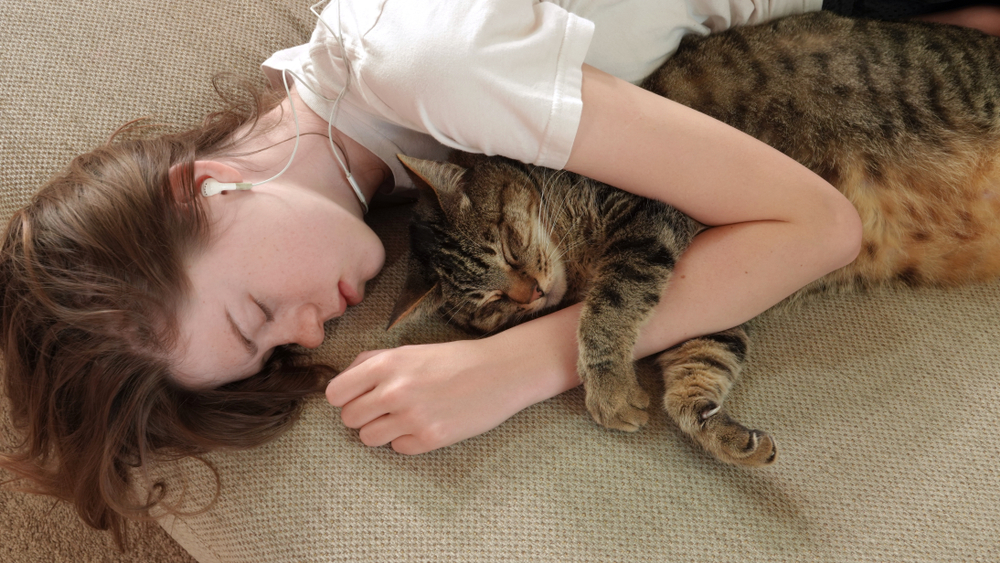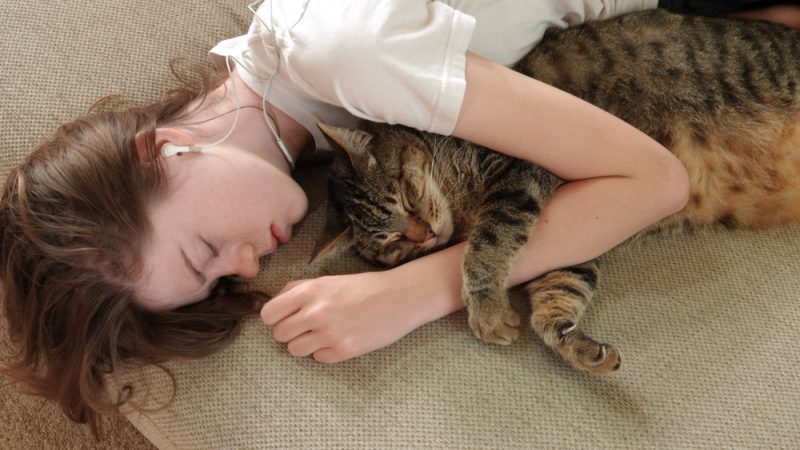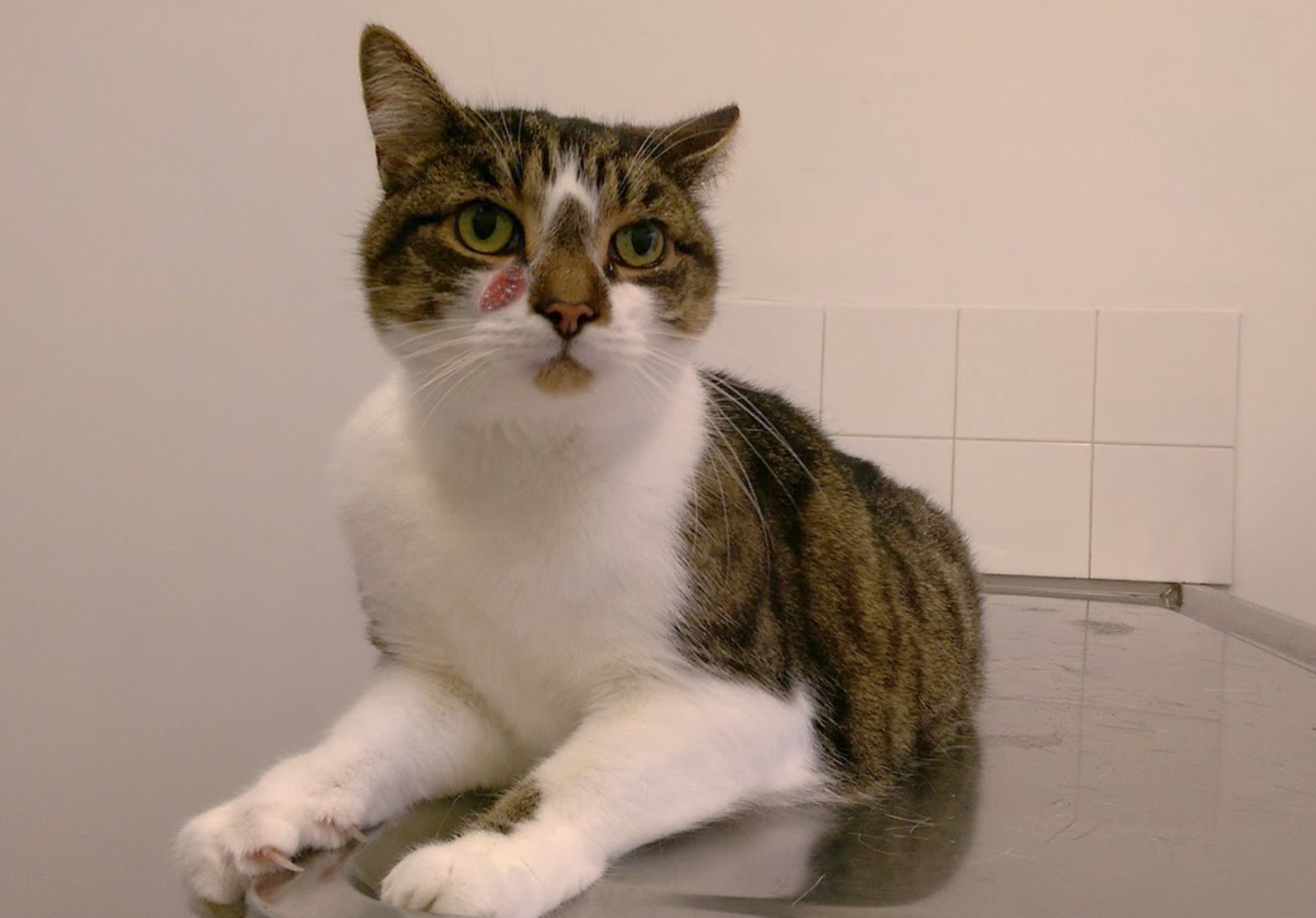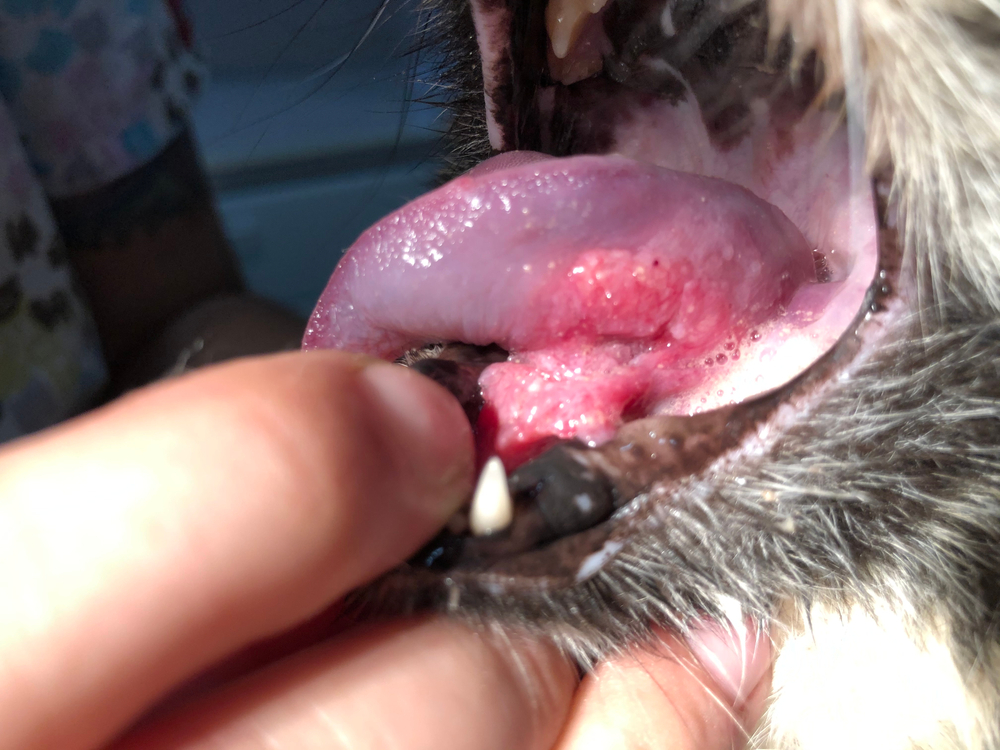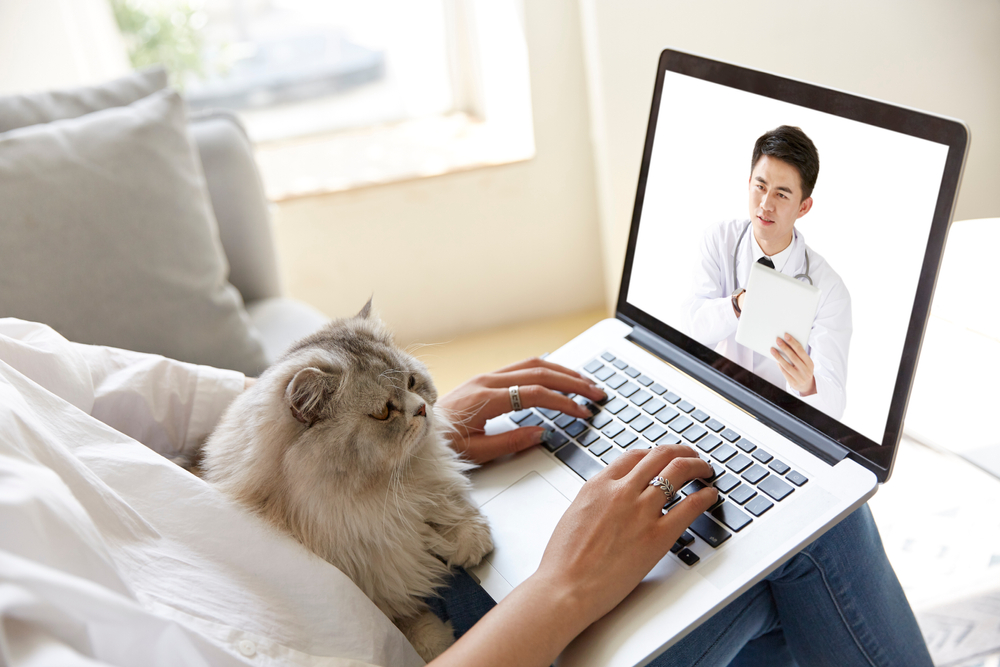Cats are fascinating as individuals, and some cats may become stressed out when exposed to new situations or people. Such cats may become particularly nervous around loud noises such as fireworks, crying babies, and sounds associated with home renovations. Like humans, cats sometimes need a bit of comfort.
There are several ways to ease feline stress, including providing safe spots/retreats or using feline pheromone diffusers. But can squishing your cat help reduce their stress and anxiety? Do cats like being squished?
Generally speaking, a cat that’s squished may become temporarily immobilized. However, there is no guarantee that squishing them will help with anxiety or stress. Keep reading for more on if cats like the feeling of being squished and if it has stress-reducing benefits.
Do Cats Like Being Squished?
It’s not possible to tell if cats actually enjoy being squished, and there’s no “one size fits all” answer to this question, as cats have different personalities. If your cat enjoys being snuggly held, odds are they don’t mind being squished. Such a cat would also display some of the following signs
- Your cat doesn’t try to escape.
- Your cat purrs while being squished.
- Your cat nuzzles you while being squished.
- Your cat dozes off while being squished.
- Your cat frequently signals that they want to be squished. For example, if you let go, they may meow or paw your arm in protest.
Many cats enjoy being swaddled in towels, and cats particularly fond of it may even become excited when they see you preparing their favorite swaddling towel. For such cats, being squished or held tightly might be beneficial during times of anxiety or stress.

Other cats may not appreciate being squished (or even cuddled too much). In such instances, you might see the following signs
- Your cat tries to escape.
- Your cat squirms and their tail swishes from side to side.
- Your cat tries to bite or swipe at you in an attempt to escape.
- Your cat produces disgruntled meows while being held or squished.
- Your cat attempts to avoid you if they think you’re going to squish them.
Veterinarians sometimes apply gentle pressure on cats when they’re on an examination table to temporarily restrain them. This is often considered better than scruffing a cat. The act of applying firm but gentle pressure along a cat’s back allows them to keep a cat steady on the examination table. However, whether this actually calms a cat down isn’t known. It does, however, ensure your cat’s safety and minimizes the risks associated with a cat bolting off an examination table.
Certain vests on the market are intended to help cats with anxiety and stress in a similar way. However, there are very limited studies to ascertain their effectiveness in terms of reducing a cat’s anxiety or stress, and most reports of success with such products seem to be anecdotal. Therefore, they may or may not work for your pet.
How Can I Tell if I’m Squishing Too Hard?
Pay attention to your pet’s response as you wrap them up or hold them closely. As mentioned above, relaxed cats will generally be calm and receptive to being petted. Anxious cats may continue to struggle and become distressed. Watch your cat’s responses and quickly move on if the swaddling doesn’t help or increases your pet’s distress.
Does Squishing Actually Work in Stressful Situations?
There’s no definitive proof that squishing a cat will actually work in stressful situations. Of importance here is knowing your cat’s personality. If they prefer to retreat to a safe spot during periods of stress, then attempting to squish them will likely make things much worse for them. A cat that’s in a state of panic can even lash out at you if you attempt to handle them when they don’t want to be handled.
Conversely, a cat that’s used to running to you in times of fear or stress might actually benefit from being held closely when they’re scared or frightened. However, whether or not this can help with prolonged environmental stressors isn’t determined. At times, a stressor can be too great for a cat to cope with by just cuddling with you. A cat may also struggle to accept a newcomer to the family that diverts your attention from them.

How Else Can I Reduce My Cat’s Stress?
Not all cats enjoy being squished when they’re stressed, and for such cats, squishing them can make things much worse. If your cat doesn’t seem to enjoy being squished, consider the following tips to help them during times of stress.
- Offer your cat a safe spot to retreat to whenever they’re stressed. This can be a room or quiet area where they won’t be disturbed but won’t be in harm’s way either.
- Consider providing your cat with extra blankets or resting places to see if they have a preference for a snuggling spot.
- Pheromone diffusers can be used to help cats in some stressful situations.
- Discuss medication options with your veterinarian if your cat’s stress seems excessive or out of the norm.

If you need to speak with a vet but can’t get to one, head over to PangoVet. It’s an online service where you can talk to a vet online and get the personalized advice you need for your pet — all at an affordable price!
Is There a Right Way to Carry a Cat?
Some cats are happy to be picked up and carried around, while others prefer to keep all four paws firmly on the floor. Most cats don’t like being picked up by strangers and certainly don’t like being surprised. Cats generally let people know they’re in the mood for more contact by staying close by and rubbing against them.
If a cat is giving you the green light for more contact, move slowly and slip one hand under the front part of their chest. Use your other hand to give your buddy’s hindquarters a boost and hold them close to your chest so that their back has some support. Such a technique is considered safe for holding most cats.
As pets, cats often let their owners know how they like to be cuddled. Some enjoy sitting in a lap, while others, known as “shoulder cats” often immediately climb up to their owner’s shoulders to enjoy the view. If you’re not sure on how you should carry your cat, speak to your veterinarian. Generally speaking though, most healthy cats are not opposed to being carried as long as they aren’t scruffed, their legs aren’t dangling freely, and their body is well supported by your own body.
Conclusion
Like us, cats have their own personalities. Some cats enjoy being held tightly and squished, while others don’t appreciate it in any capacity. Some pets respond well to being gently swaddled and held under an arm or cuddled close to their companion’s body in particularly stressful situations. If you have such a cat, then cuddling them during periods of stress might be beneficial. However, it’s important to note that you shouldn’t force this on your cat, as this can make a stressful situation much worse.
Featured Image Credit: Simone Hogan, Shutterstock

